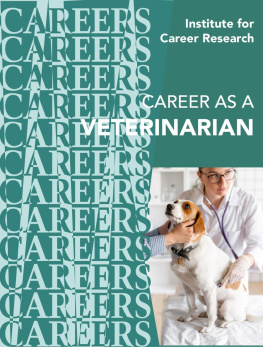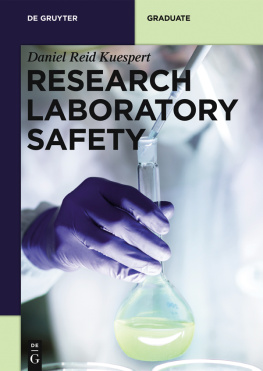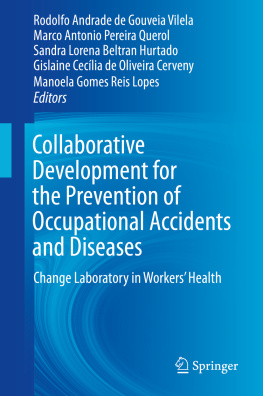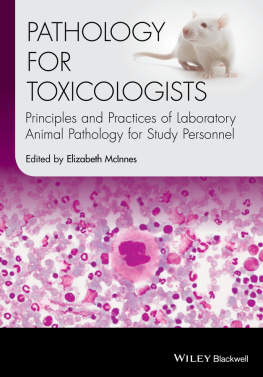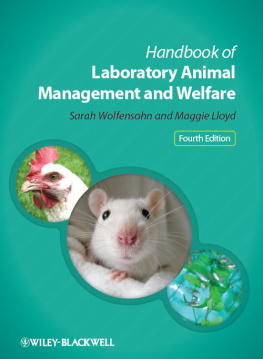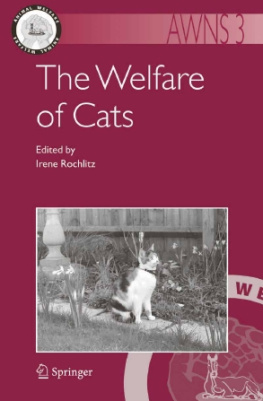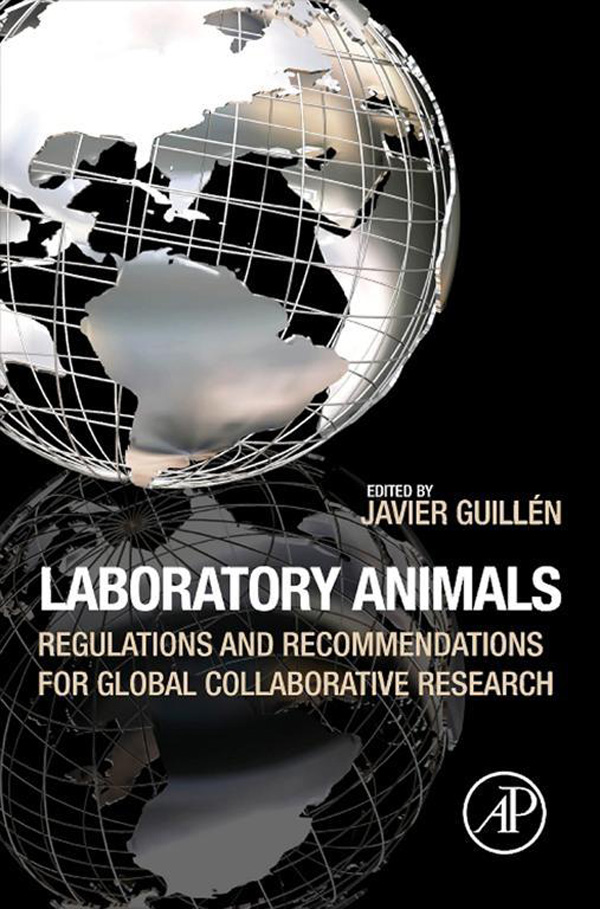Copyright 2014 Elsevier Inc. All rights reserved.
No part of this publication may be reproduced, stored in a retrieval system, or transmitted in any form or by any means electronic, mechanical, photocopying, recording or otherwise without the prior written permission of the publisher.
Permissions may be sought directly from Elseviers Science & Technology Rights, Department in Oxford, UK: phone (+44) (0) 1865 843830; fax (+44) (0) 1865 853333; email: permissions@elsevier.com. Alternatively, visit the Science and Technology Books website at www.elsevierdirect.com/rights for further information.
No responsibility is assumed by the publisher for any injury and/or damage to persons, or property as a matter of products liability, negligence or otherwise, or from any use or, operation of any methods, products, instructions or ideas contained in the material herein. Because of rapid advances in the medical sciences, in particular, independent verification of diagnoses and drug dosages should be made.
For information on all Academic Press publications visit our website at elsevierdirect.com
Contributors
Juan Manuel Baamonde , Centro de Estudios Cientficos (CECs), Valdivia, Chile
Michael Baar , Canadian Council on Animal Care, Ottawa, ON, Canada
Kathryn Bayne , AAALAC International, Frederick, MD, USA
B. Taylor Bennett , National Association for Biomedical Research, Washington, DC, USA
Ekaterina Akimovna Botovchenco Rivera , Federal University of Goias, Brazil
John F. Bradfield , AAALAC International, Frederick, MD, USA
Cecilia Carbone , Facultad de Ciencias Veterinarias, Universidad Nacional de La Plata, La Plata, Buenos Aires, Argentina
Pradon Chatikavanij , National Research Council of Thailand (NRCT), Bangkok, Thailand
Yvette Chen , The University of Melbourne, Australia
Margaret E. Cooper
Faculty of Veterinary Medicine, University of Nairobi, Kenya
DICE, The University of Kent; and Wildlife Health Services, UK
Anne-Dominique Degryse , Pierre-Fabre, Service de Zootechnie, Institute de Recherche Pierre-Fabre, Castres, France
Idle O. Farah , National Museums of Kenya, Nairobi, Kenya
Yacov Fischer , Israeli Council for Animal Experimentation; and Ministry of Health, Jerusalem, Israel
Montip Gettayacamin , AAALAC International, Samutprakarn, Thailand
Cynthia S. Gillett , University of Minnesota, Minneapolis, MN, USA
Rafael Hernandez Gonzalez , National Institute for Medical Science and Nutrition-SZ, Animal Resources Department, Mexico City, Mexico
Richard Grant , SNBL (Cambodia) Ltd, Khan Daun Penh, Phnom Penh, Cambodia
Gilly Griffin , Canadian Council on Animal Care, Ottawa, ON, Canada
Faisal A. Guhad , Jigjiga Export Slaughter House (JESH) PLC, Somali Regional State, Federal Democratic Republic of Ethiopia
Javier Guilln , AAALAC International, Pamplona, Spain
Alon Harmelin , Department of Veterinary Resources, The Weizmann Institute of Science, Rehovot, Israel
Amanda R. Hau , Faculty of Law, University of Lund, Lund, Sweden
Jann Hau
Faculty of Health and Medical Sciences, University of Copenhagen
Department of Experimental Medicine, University Hospital, Copenhagen, Denmark
Chou-Chu Hong , AAALAC International, New Taipei City, Taiwan
Rony Kalman , Hebrew University, Jerusalem, Israel
Joanna Debby Khoo , Agri-Food and Veterinary Authority of Singapore, Singapore
Tsutomu Miki-Kurosawa , The Institute of Experimental Animal Sciences, Osaka University Medical School, Suita-shi, Osaka, Japan
Abdul Rahim Mutalib , Department of Veterinary Pathology and Microbiology, Faculty of Veterinary Medicine, University Putra Malaysia, Serdang, Malaysia
Christian E. Newcomer , Association for Assessment and Accreditation of Laboratory Animal Care International, Frederick, MD, USA
Denise Noonan , The University of Adelaide, SA, Australia
Yasmina Arditi Paramastri , Department of Pathology, Microbiology and Immunology, Vanderbilt University Medical Center, Nashville, TN, USA
Jae Hak Park , Laboratory Animal Medicine, College of Veterinary Medicine, Seoul National University, Seoul, Korea
Peter Penson , Rosanna, Victoria, Australia
Jan-Bas Prins , Leiden University Medical Centre, Leiden, The Netherlands
Syed S.Y.H. Qadri , National Institute of Nutrition (ICMR), Hyderabad, Andhra Pradesh, India
Dondin Sajuthi , Primate Research Center, Veterinary Teaching Hospital, Bogor Agricultural University (IPB), Bogor, Indonesia
John Schofield , J & L Consulting, New Zealand
David Smith , FELASA, Chester, UK
Ouajdi Souilem , Laboratory of Physiology and Pharmacology, National School of Veterinary Medicine, Sidi Thabet, Tunisia
Patri Vergara , International Council for Laboratory Animal Science (ICLAS)
Jason Villano , Unit for Laboratory Animal Medicine, University of Michigan Medical School, Ann Arbor, MI, USA
Jianfei Wang , GlaxoSmithKline R&D China, Pudong, Shanghai, P.R. China
Imelda Liunanita Winoto , Primate Research Center, Bogor Agricultural University, Bogor, Indonesia
Ehud Ziv , Diabetes Research Unit, Hadassah University Hospital, Jerusalem, Israel
Chapter 1
Same Principles, Some Differences
Javier Guilln, 1AAALAC International , 2International Council for Laboratory Animal Science (ICLAS)
Abstract
The importance of applying the same existing principles in the context of a diverse regulatory framework is highlighted. International organizations can be the best tool to harmonize the implementation of these principles, that represent the common ground for animal research globally.
Keywords
Ethical principles; Animal research; Harmonization
Animals play an essential role in the development of many areas of science. Science, as in many other activities of human life, is being globalized, and the care and use of animals in science is being subjected to this transformation. Globalization of science implies an increase in the level of collaborative research, which may be affected by different cultural and legal requirements. Societal ethical concerns on animal use for scientific purposes have led to the development and implementation of regulatory frameworks in many geographical areas. And even in those areas where specific regulations do not exist, practices in the field are greatly influenced by them. Communication and the spread of science, as well as increasing interinstitutional collaboration and outsourcing, are also important factors.


